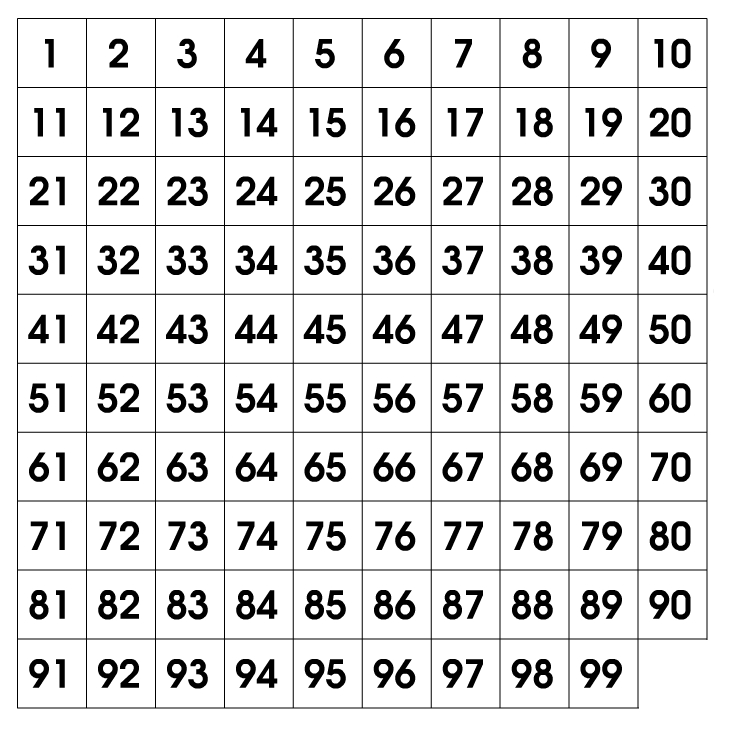Answer Within A Minute II
 What is the answer for
1+ 2 + 3 + 4 + 5 + 6 +7 + 8 ...... + 99 ?
What is the answer for
1+ 2 + 3 + 4 + 5 + 6 +7 + 8 ...... + 99 ?
The answer is 4950.
This section requires Javascript.
You are seeing this because something didn't load right. We suggest you, (a) try
refreshing the page, (b) enabling javascript if it is disabled on your browser and,
finally, (c)
loading the
non-javascript version of this page
. We're sorry about the hassle.
9 solutions
Indeed, the formula above came from this formula: 2 n ( a + l ) where n is the number of the terms in certain ARITHMETIC PROGRESSION (a sequence which satisfy m 2 − m 1 = m 3 − m 2 . = . . . = m n + 1 − m n where m i are the terms in the sequence) and a is the first term and l is the last term.
same as I did, liked!
did the same thing.
I also did this
Count by using this method: [ 1 + 99 = 100 , 2 + 98 = 100 , 3 + 97 = 100 ] continuously until 49 + 51 = 100. Therefore you had already got 49 hundreds which is 4900, Then, add 50 into it and you will get 4950.
Yay! Gaussian pairing tool.
I did like this!! all that it requires is called common sense!! ha ha!
smart!
Intelligent!
We know that the sum of 1st n natural number is given by
sum of 1st n natural n.o =n(n+1)/2
Here n=99
=>99(99+1)/2=4950
took 40 secs https://brilliant.org/discussions/thread/sum-of-all-numbers-in-between/?ref_id=435792
45 tens X 10 + 45 ones X 10 = 4950
n(n+1)/2 = 99*50 = 4950
Gauss Solution: Add up the last ends of the numbers until the median number is left out. Add it also to the result of adding the end numbers.
By using the sum of the first n consecutive numbers, we have 2 n ( n + 1 ) = 2 9 9 ( 1 0 0 ) = 4 9 5 0